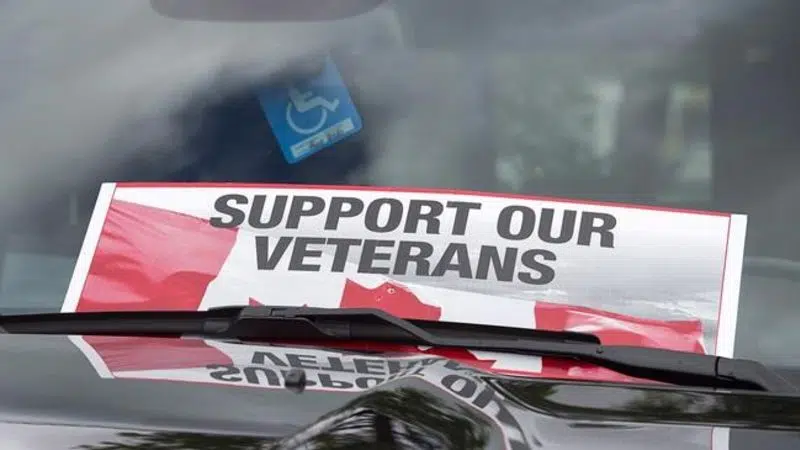
On Hold: Veterans Affairs struggling to answer former service members’ calls
OTTAWA — Veterans Affairs Canada has struggled to quickly answer calls from current and former service members seeking information and assistance, newly released documents show, leading many to hang up before they are answered.
Obtained through the access-to-information law, the documents show the government has made little progress in recent years in cutting down on the amount of time veterans are forced to wait on hold when they phone federal call centres.
In fact, it appears the problem with the toll-free number — which is separate from the crisis line set up for veterans or family members dealing with mental trauma and physical injuries — has gotten markedly worse despite years of public criticisms.
Veterans have previously called the delays frustrating, stressful and an obstacle to accessing needed benefits and services, particularly for those suffering from psychological trauma or physical injuries.

